News
MasterCard eyes tokenization to boost financial access in LATAM & Caribbean
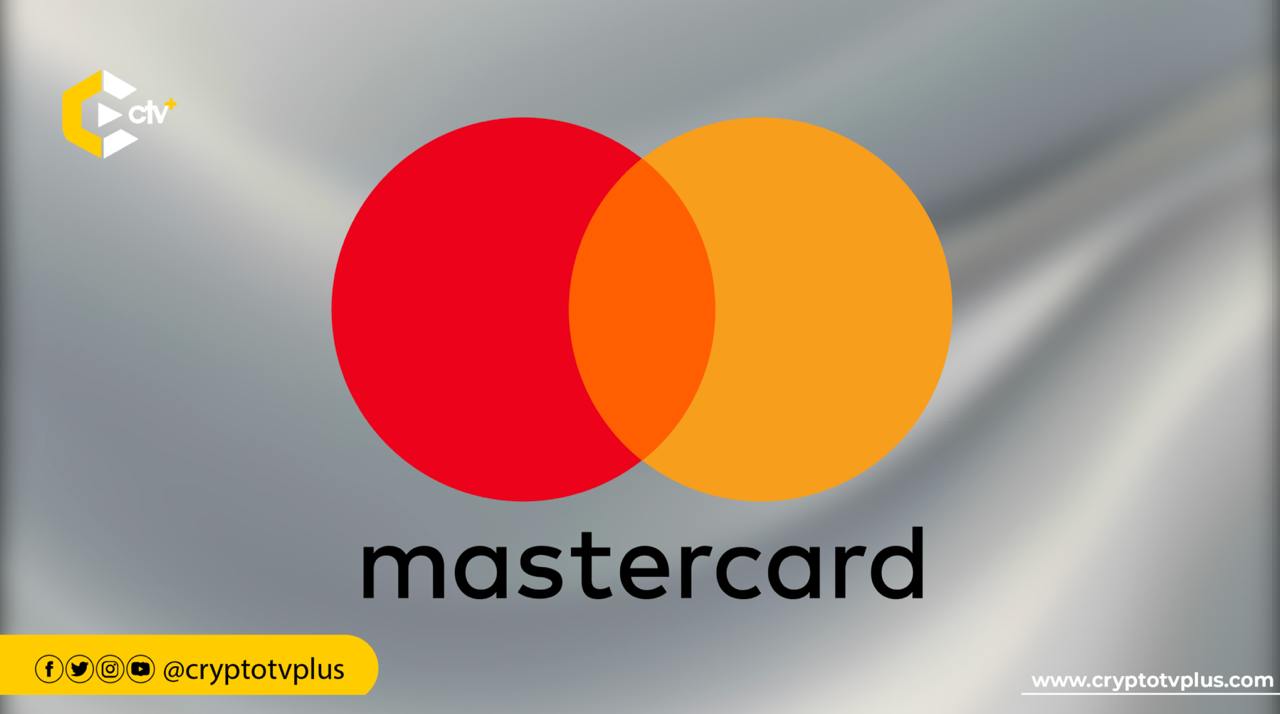
In a whitepaper on tokenization authored by MasterCard in partnership with Ava Labs, the duo explored how tokenization could transform the economies of nations, using Latin America and the Caribbean as an example.
In this context, tokenization is the process of converting a physical or intangible asset into digital tokens that exist on a blockchain. These tokens represent a share or unit of ownership of the asset. For instance, a property worth $1 million could be tokenized so that each digital token represents a fraction of the property’s value.
This approach allows for easier buying, selling, and transferring of ownership while enhancing accessibility, liquidity, and transparency. By using blockchain, tokenization ensures secure and traceable ownership records.
The paper revealed that one of the key areas where tokenization shines is in financial instruments. These assets, such as stocks and bonds, are already well-suited for digital systems. Asset tokenization has the potential to transform the financial industry by making investing more accessible and reshaping how assets are bought and sold.
Access to finance in Latin America
In regions like Latin America and the Caribbean, tokenization can address unique challenges. Many countries in these areas face issues such as unbanked populations and a growing need for financial innovation. As of 2023, about 70% of the Latin American population were tagged unbanked or underbanked.
MasterCard said that blockchain-based solutions could provide opportunities to create a more inclusive financial system tailored to the region’s needs. Globally, large financial institutions are already testing blockchain’s potential.
However, the lack of clear regulations has slowed widespread adoption. Despite this, financial experts encourage continued exploration, as staying competitive in a fast-changing market requires adapting to these technologies. The hope is that blockchain will eventually create a more efficient and secure financial system.
The payment firm added that Morgan Stanley predicts that private market investments, which is an important aspect to drive tokenization, could grow by $3 trillion in the next three years, allowing more individuals to invest. Boston Consulting Group (BCG) projects that tokenization could unlock $16 trillion in illiquid markets by 2030. This growth could lower costs and make asset transfers easier.
Avalanche and tokenization
Blockchain platforms like Avalanche are seen as key players in the shift toward digital financial systems. These platforms may become the backbone for global financial markets, improving both efficiency and security. Experts believe blockchain will one day be used so widely that people won’t even notice it, much like the internet today.
Avalanche is a blockchain platform designed to be fast, secure, and efficient. It helps people and businesses create their own blockchain networks or decentralized applications. It processes transactions much faster than many other blockchains, allowing thousands of transactions per second. The cost of using it is low, making it accessible to more users.
One of its unique features is that it allows people to create custom blockchains for specific purposes while still being connected to the main Avalanche network. This makes it very flexible. Its system uses multiple layers to ensure security and prevent fraud, all while maintaining speed and scalability.
In July 2023, the Avalanche Foundation launched Vista to support tokenization in the industry. The $50 million fund “Avalanche Vista will consider assets across the full liquidity spectrum, including equity, credit, real estate, and commodities, as well as those that are blockchain-native,” it said on its website.
In February of the following year, in partnership with Citi, short for Citibank, one of the largest banks in the world that provides financial services like managing money, giving loans, offering credit cards, and helping businesses grow, it ran a tokenization of asset test using its infrastructure.
Citi created digital tokens to represent a private investment fund on the Avalanche blockchain network. The fund they tested was managed by Wellington Management, and other companies like WisdomTree and ABN Amro also participated in the project.
Speaking about the potential of Avalanche, Mastercard said: “The potential for platforms like these to become the preferred infrastructure for financial markets is echoed by industry experts.” It added that “this shift could significantly impact the way FIs operate, representing a step forward in the efficiency and security of the financial system at a global scale.”
Tokenization beyond finance
According to MasterCard, the growth of blockchain technology is being driven by two main factors: central bank digital currencies (CBDCs) and the use of tokens for assets in gaming, payments, and more. The payment firm predicts that by 2030, CBDCs could be worth up to $5 trillion globally, and the tokenization of financial assets and other types of assets could reach around $4 trillion.
There are differing views on the issuance and use of CBDCs around the world. Several governments are exploring CBDCs, including Nigeria (e-Naira), China (r-CNY), the Bahamas (Sand Dollar), India (Digital Rupee), and Sweden (e-krona). However, the US, under Trump, recently terminated any project linked to a US dollar CBDC.
“Agencies are hereby prohibited from undertaking any action to establish, issue, or promote CBDCs within the jurisdiction of the United States or abroad,” Trump said. “Any ongoing plans or initiatives at any agency related to the creation of a CBDC within the jurisdiction of the United States shall be immediately terminated, and no further actions may be taken to develop or implement such plans or initiatives.”
According to the details from the Whitepaper, tokenized assets could increase 40-fold from 2022 levels, reaching a total value of $10 trillion by 2030. Real estate and financial assets are expected to drive this market due to their size and practical applications.
Beyond financial assets, items like loyalty points, digital IDs, fan tokens, and digital art are also being transformed into blockchain-based tokens. This demonstrates the broad range of applications for tokenization in everyday life.
MasterCard believes financial institutions should keep exploring and researching blockchain and asset tokenization. It envisions a future where institutions, equipped with a deep understanding of blockchain and regional regulations, can create a more efficient and inclusive financial landscape.



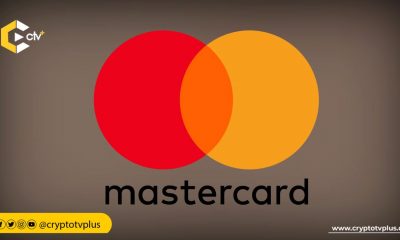

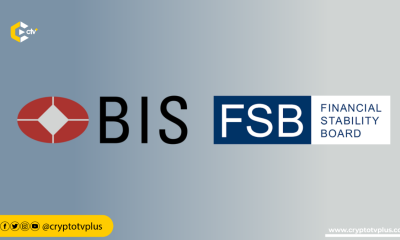

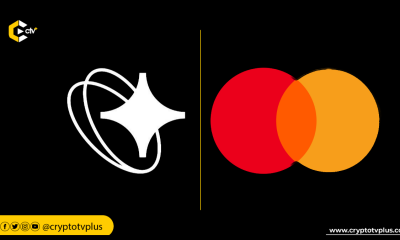





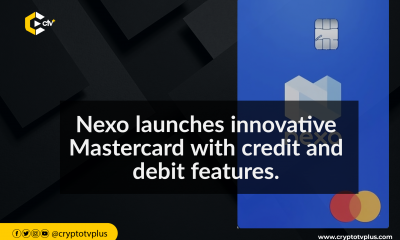











Pingback: Mastercard teams up with OKX, Nuvei for merchant stablecoin payments – CryptoTvplus - The Leading Blockchain Media Firm